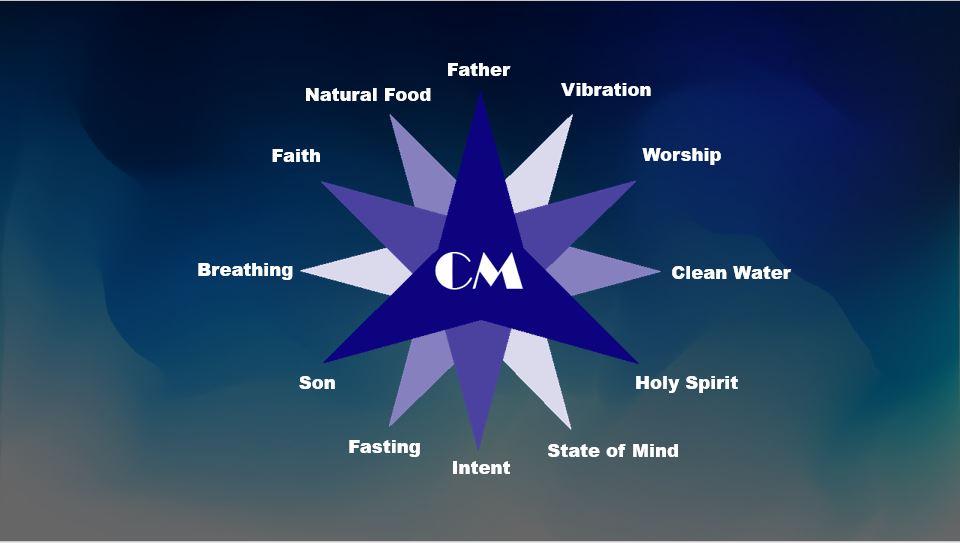Blog post 8
Who is the Son?
First, the term does not mean Jesus was the literal offspring of God the Father, as each of us is the child of our human father. The Christian doctrine of the Trinity says the Father, Son, and Holy Spirit are co-equal and co-eternal, meaning the three Persons of the one God always existed together and each has the same importance.
Second, it does not mean God the Father mated with the Virgin Mary and fathered Jesus in that way. The Bible tells us Jesus was conceived by the power of the Holy Spirit. It was a miraculous, virgin birth.
Third, the term Son of God as applied to Jesus is unique. It does not mean he was a child of God, as Christians are when they’re adopted into God’s family. Rather, it points out his divinity, meaning he is God.
Jesus conducted a mission of preaching and healing (with reported miracles) in Palestine in about AD 28–30, which is described in the Gospels, as are his arrest, death by crucifixion, and Resurrection from the dead. His followers considered him to be the Christ or Messiah and the Son of God, and belief in his Resurrection became a central tenet of Christianity
Jesus Christ is called the Son of God more than 40 times in the Bible. What does that title mean exactly, and what significance does it have for people today?
The first year may be called the year of obscurity, both because the records of it which we possess are very scanty, and because he seems during it to have been only slowly emerging into public notice. It was spent for the most part in Judea.
The second year was the year of public favour, during which the country had become thoroughly aware of him; his activity was incessant, and his frame rang through the length and breadth of the land. It was almost wholly passed in Galilee.
The third was the year of opposition, when the public favour ebbed away. His enemies multiplied and assailed him with more and more pertinacity, and at last he fell a victim to their hatred. The first six months of this final year were passed in Galilee, and the last six in other parts of the land.”, Stalker’s Life of Jesus Christ.
The only reliable sources of information regarding the life of Christ on earth are the Gospels, which present in historical detail the words and the work of Christ in so many different aspects.
Others in the Bible called Jesus the Son of God, most notably Satan and demons. Satan, a fallen angel who knew the true identity of Jesus, used the term as a taunt during the temptation in the wilderness. Unclean spirits, terrified in Jesus’ presence, said, “You are the Son of God.” (Mark 3:11, NIV)
Jesus often referred to himself as the Son of Man. Born of a human mother, he was a fully human man but also fully God. His incarnation meant he came to earth and took on human flesh. He was like us in every way except sin.
Many people today refuse to accept that Jesus Christ is God. They consider him only a good man, a human teacher on the same level as other historic religious leaders.
“But these are written that you may believe that Jesus is the Messiah, the Son of God, and that by believing you may have life in his name.” (John 20:31, NIV)
In today’s postmodernist society, millions of people reject the idea of absolute truth. They claim all religions are equally true and there are many paths to God.
Yet Jesus said bluntly, “I am the way and the truth and the life. No one comes to the Father except through me.” (John 14:6, NIV). Postmodernists accuse Christians of being intolerant; however, that truth comes from the lips of Jesus himself.
let's get started!
Who is the Son?
